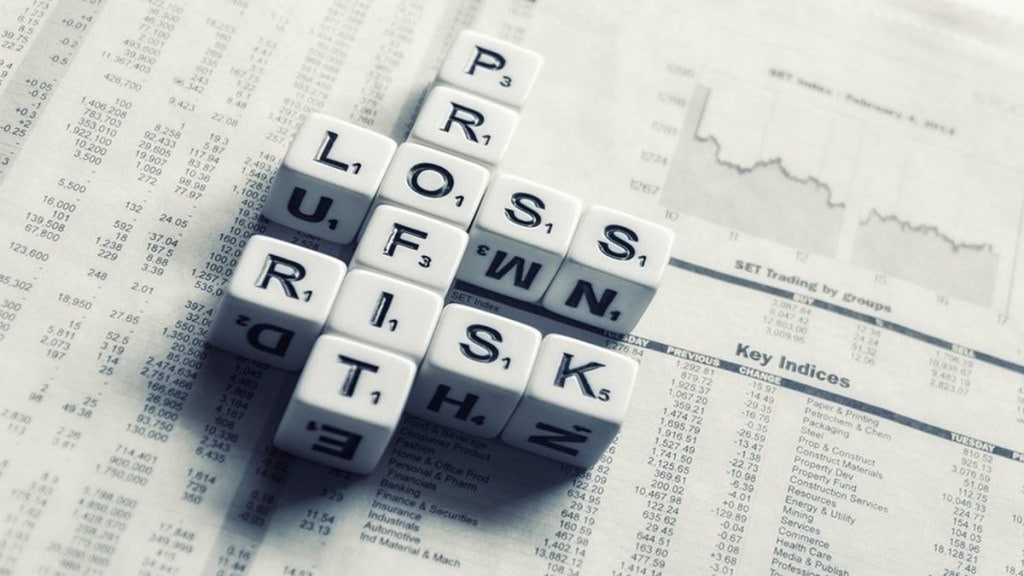Global markets and central banks are battling with multi-year high inflation levels. In an effort to lower the sky-high inflation rate, the Bank of England (BoE) has increased its interest rate by half a percentage point to 3.5 percent, the highest level in 14 years.
Fears that the Bank of England is driving the UK economy into a deep recession are growing, despite the central bank voting in favour of a more moderate 0.5 percentage point interest rate hike. This is the stark assessment from Nigel Green, the chief executive and founder of deVere Group, one of the world’s largest independent financial advisory, asset management and fintech organisations.
Also Read: Fed rate hike decision: Inflation remains investors major headwind
The deVere CEO says: “The Bank of England’s decision takes interest rates up to the highest level since October 2008 – at a time when the UK is already in recession, and will remain in one for the whole of next year, according to the government’s own analysis. “The Bank of England seems to be intentionally driving the UK’s consumer-led economy into a deeper recession, putting households and business harder under the cosh, in order to cool inflation,” says Green.
Also Read: Is the Santa Claus rally in US stocks cancelled this year?
With the UK economy looking increasingly likely to be derailed, Nigel Green suggests that people with exposure to UK financial assets should urgently review and potentially revise their investments in order to protect their money.
So, what are the sectors that investors may consider investing in a rising interest rate environment? “You should take a look at sectors that are likely to be recession-resistant, including food, energy, and financial services. In addition, in this environment, less familiar, return-enhancing asset classes should also be considered. These might include venture capital, structured products, high-dividend stocks, hedge funds, managed futures, and global equity funds, says Green.

